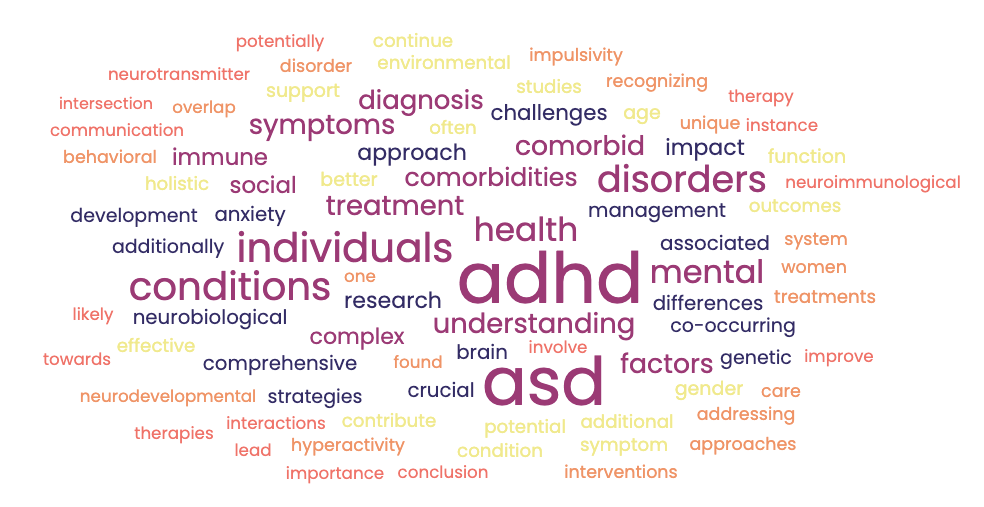One of the most difficult aspects of the fertility journey is the way that relationships can shift and change. Many people find support and comfort in unusual places while others are surprised at the insensitivity that they see in close friends. At times people report that their struggle with infertility is treated lightly and they are told by well-meaning friends to, “relax”, “go on vacation,” “stop trying so hard.” Other times, couples report encountering negative judgments about pursuing assisted reproductive procedures to have “their own” baby instead of adopting. Couples struggling with infertility are unable to enter the parenting phase of the life cycle and interactions with family and friends who have children are often painful reminders of their “stuckness.” Conflicts can arise when one member of the couple finds solace spending time with family while the other partner has difficulty tolerating family gatherings.
Couples need to work together to develop ways to interact within their support system during their struggle with infertility. It is helpful to explore the boundaries that existed prior to infertility and assess if these are still comfortable. Central to the navigation of social relationships during infertility treatment is the question of openness versus privacy. Because infertility treatment is often invasive and of a personal nature, both members of the couple need to discuss what they are comfortable revealing and whom they feel they can trust. Relatedly, it is important to consider how sharing of information may impact future offspring. Communication within the couple is key to navigating relationships with their support system and compromise will help each member of the couple get their social needs met without compromising the needs of the other partner.
Below are some pointers for managing social relationships while struggling with infertility:
- If possible, consider nurturing relationships with trusted others who have encountered their own issues with infertility.
- Share your feelings with trustworthy friends and family members. Many people do not understand the emotional stress of infertility. Therefore, it can be helpful for you to identify and share your feelings as you move through the process so that people in your life can be there to support you.
- Be specific about the types of support that would be helpful. For example, many people launch into problem-solving mode or want to make you feel better. However, sometimes what can be most helpful is a shoulder to cry on.
- Be honest with friends and family about your preferences about attending child related functions. If you are finding yourself resentful when asked to attend, you may need to put some limits on how often you attend child centered events.
- Make time to do the things you love with friends and family.
- Participation in stress-reduction techniques can be very helpful during your infertility journey. You may want to ask a friend to join a local yoga or meditation class.
- Plan how you are going to respond to awkward or invasive questions or comments such as, “When are you going to start a family?” or “I guess we’ll never be grandparents!” or “Are you sure you want kids, you can have one of mine- haha!” Be firm and pleasant in your responses and know that you are entitled to share as much or as little about your family planning as you want.








